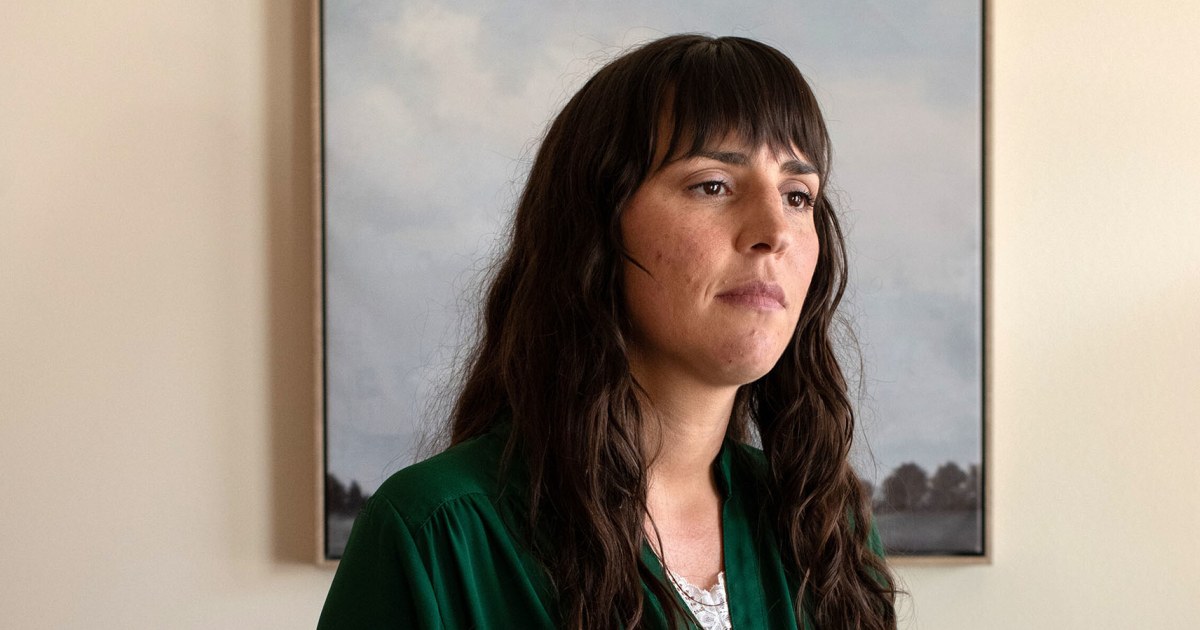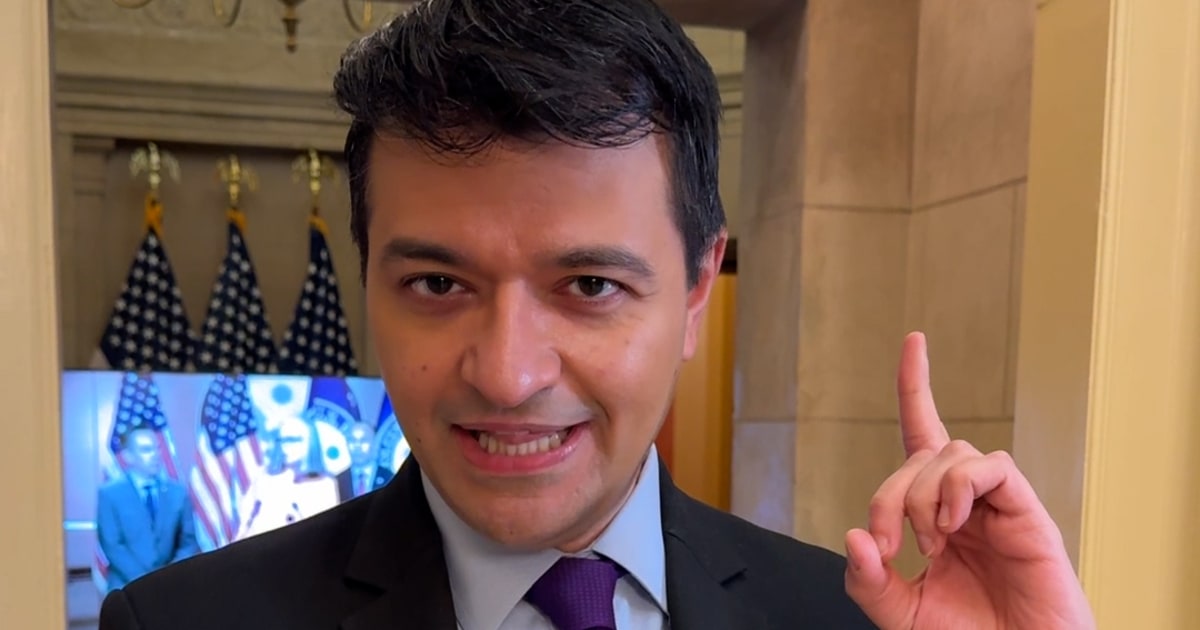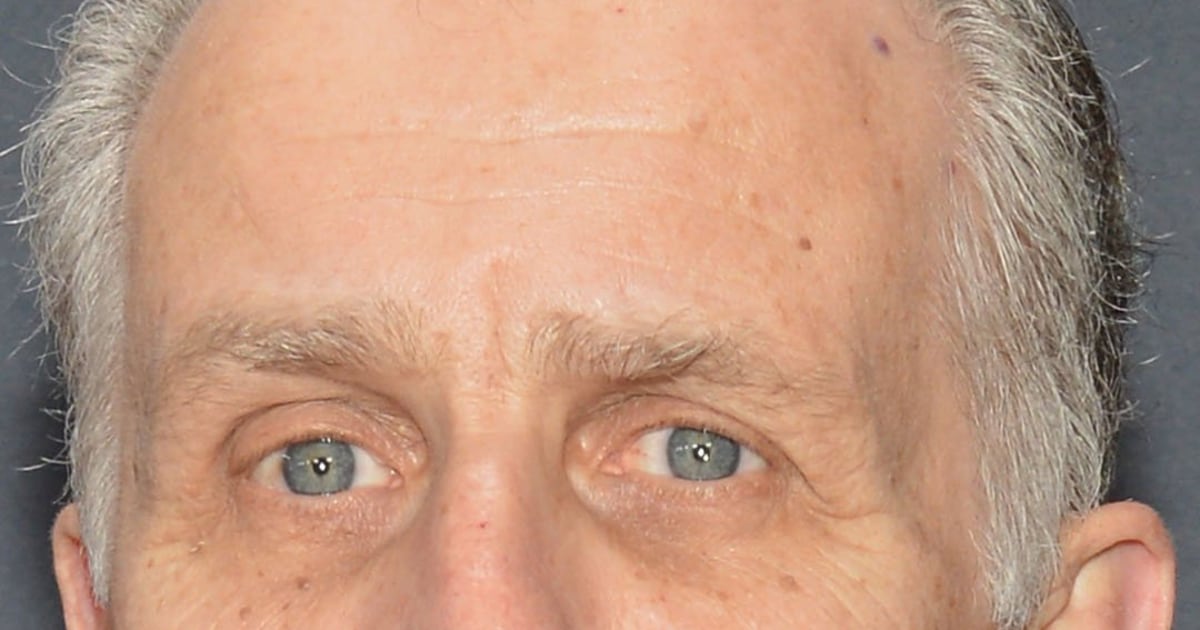The Supreme Court considers a free speech challenge to a Colorado law that bans conversion therapy aimed at young LGBTQ people.
Source link
Oct. 7, 2025, 5:00 AM EDTBy Lawrence HurleyWASHINGTON — The Supreme Court on Tuesday considers a free speech challenge to a Colorado law that bans conversion therapy aimed at young people questioning their sexual orientations or gender identities in a case likely to have national implications.The ruling could affect more than 20 states that have similar bans and raise new questions about other long-standing state health care regulations.The court, which has a 6-3 conservative majority that often backs conservative free speech claims, will hear oral argument in a case brought by Kaley Chiles, a Christian therapist, who says the 2019 law violates her free speech rights under the Constitution’s First Amendment.Conversion therapy, favored by some religious conservatives, seeks to encourage gay or lesbian minors to identify as heterosexual and transgender children to identify as the gender identities assigned to them at birth. Colorado bans the practice for licensed therapists, not for religious entities or family members.At issue is whether such bans regulate conduct in the same way as regulations applying to health care providers, as the state argues, or speech, as Chiles contends. Chiles says she does only talk therapy.The Supreme Court has, in major cases, backed LGBTQ rights, legalizing same-sex marriage in 2015 and ruling five years later that a federal law barring employment discrimination applies to both gay and transgender people.But in another line of cases, the court has backed free speech and religious expression rights when they conflict with anti-discrimination laws aimed at protecting LGBTQ people.The court backed a religious rights challenge this year to a Maryland school district’s policy of featuring LGBTQ-themed books in elementary schools. It also handed a major loss to transgender rights advocates by ruling that states could ban gender transition care for minors.Colorado Attorney General Phil Weiser, a Democrat, said in court papers that a ruling against the state would imperil not just conversion therapy bans but also other health care treatments that experts say are unsafe or ineffective.”For centuries, states have regulated professional healthcare to protect patients from substandard treatment. Throughout that time, the First Amendment has never barred states’ ability to prohibit substandard care, regardless of whether it is carried out through words,” he wrote.Chiles, represented by the conservative Christian group Alliance Defending Freedom, countered in her court papers that therapy is “vital speech that helps young people better understand themselves.”The state is seeking to “control what those kids believe about themselves and who they can become,” the lawyers said.Chiles’ lawyers cite a 2018 Supreme Court ruling in which the conservative majority backed a free speech challenge to a California law that requires anti-abortion pregnancy centers to notify clients about where abortion services can be obtained.The court might not issue a definitive ruling on conversion therapy bans; it could focus more narrowly on whether lower courts that upheld the ban conducted the correct legal analysis.If the law infringes on speech, it must be given a closer look under the First Amendment, a form of review known as “strict scrutiny,” which the justices could ask lower courts to do instead of doing it themselves. Under that approach, judges consider whether a government action that infringes on free speech serves a compelling interest and was “narrowly tailored” to meet that goal.The Trump administration filed a brief urging the court to find that the law does burden speech while also saying a ruling in favor of Chiles would not upend state regulations in other areas.Lawrence HurleyLawrence Hurley is a senior Supreme Court reporter for NBC News.




